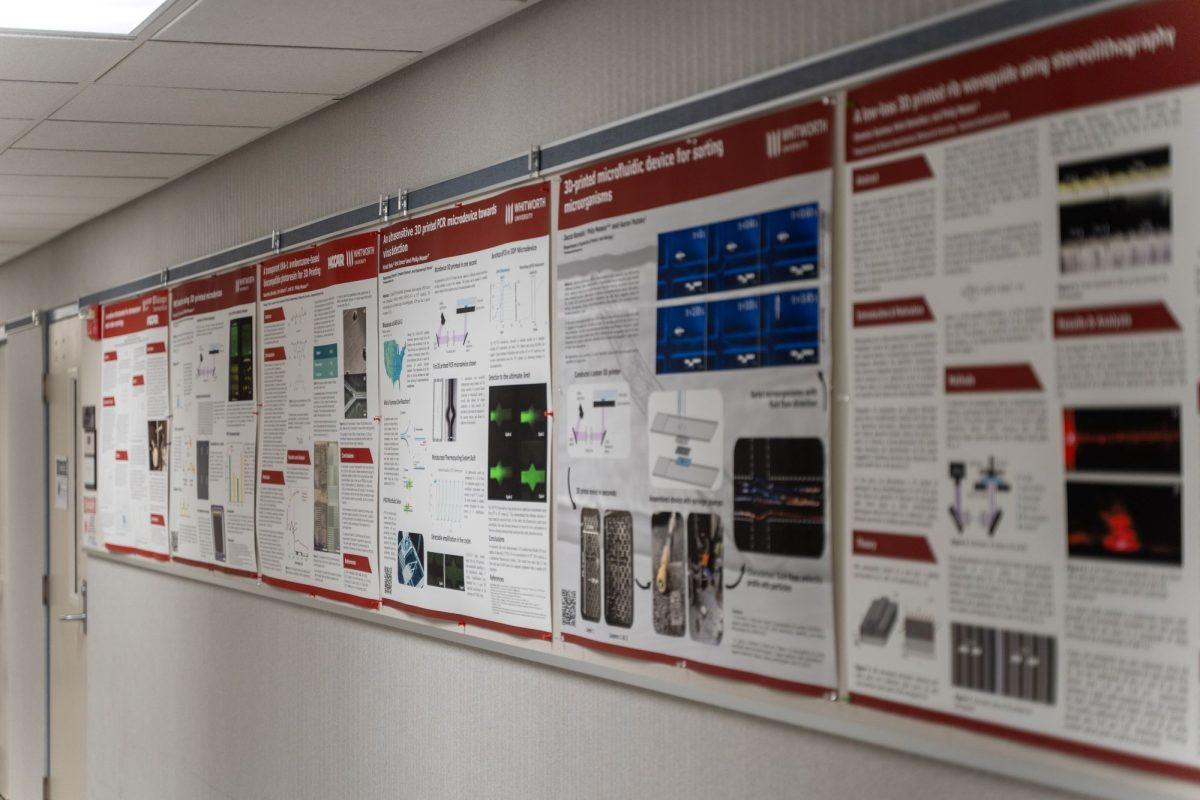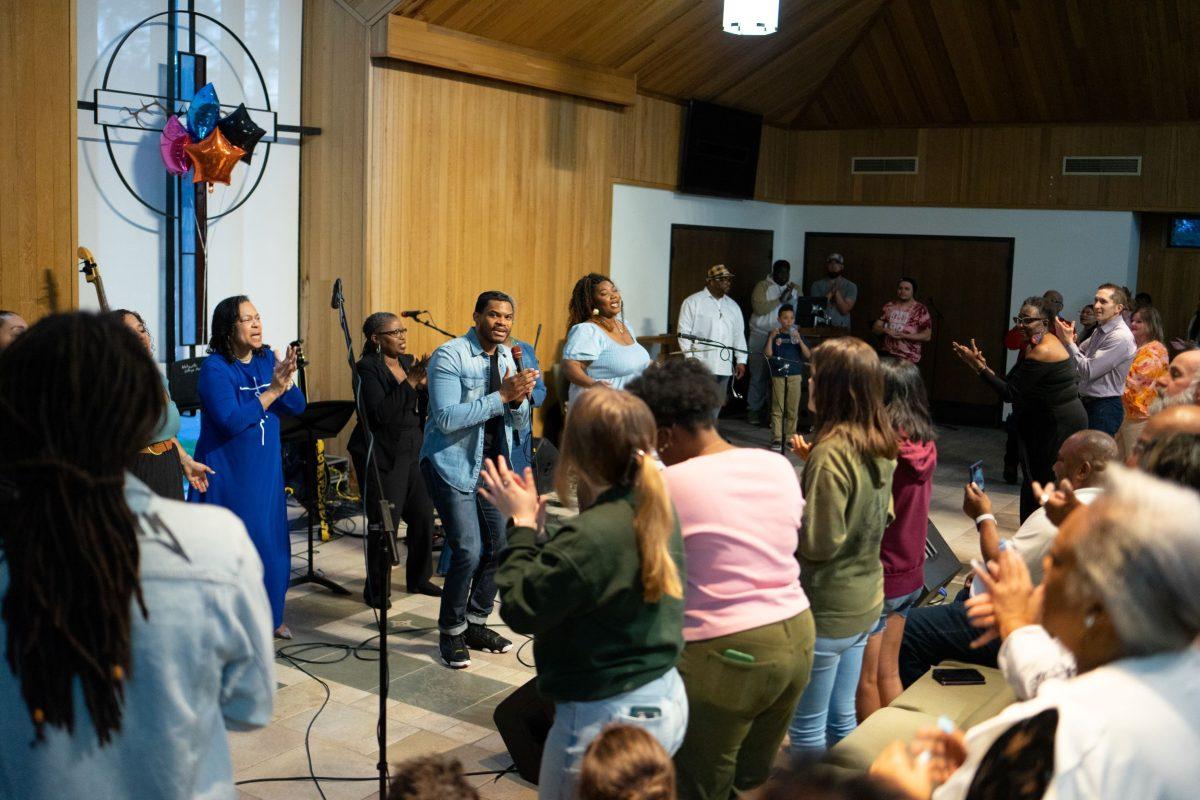Many charitable organizations devote time and money to helping a society in need. However, not many organizations go about it the way Mercy Ships does. Mercy Ships gives African residents access to free medical care by using hospital ships.
The “Africa Mercy” travels 1,800 miles along the west African coastline. Among those who live aboard this ship is Carys Parker, whose father, Gary Parker, is a maxillofacial surgeon. Maxillofacial surgery treats many diseases, injuries and defects in the head, neck, face, jaws and the hard and soft tissues of the oral (mouth) and maxillofacial (jaws and face) region. Next school year, Carys Parker will attend Whitworth as a freshman, in an environment different from the one she has known all her life.
“Like anyone, I want to fit in and be accepted,” Carys Parker said. “I don’t know how this will go when I get to Whitworth because I don’t really share common experiences that bond fellow people my age together. I’ve never driven a car, gone to prom or gone to a basketball game.”
However, Carys Parker said that she thought it ironic because Whitworth’s community aspect was what attracted her in the first place.
“There’s a tension for me because on the one hand one of the main reasons I chose Whitworth was because of the strong emphasis on community, but then there’s the question of ‘Will I fit in?’ and ‘Will I be accepted and culturally able to connect?’, but I don’t want to be a chameleon and lose everything I have gained here just to fit in,” Carys Parker said.
Megan Hershey, assistant professor of political science, said that the reason ships such as the “Africa Mercy,” the one that Carys Parker is on, are necessary in the first place, is problems regarding power of the states. As a result, non-governmental organizations (NGOs) such as Mercy Ships are faced with a variety of issues to tend to.
“One of the problems is that many African states are weak and the NGOs that are there often don’t have the kind of capacity or support people like the state could,” Hershey said.
Hershey said that while NGOs do a lot of good work, they also face issues with coordination.
“It’s difficult to coordinate with all these other smaller organizations on the ground. And if you’re an international NGO coming in, [it can be hard] to know what’s going on on the ground and to coordinate your work with everyone else.”
Spending time on the ship and with the patients has given Carys Parker a unique perspective.
“Whenever I started to complain, feel overwhelmed or feel that life is too hard, I just walk three decks down to the ward and get some new perspective,” she said. “I see how much I have and I’m reminded to be grateful.”
As a Christian faith-based organization, it is important to examine how Mercy Ships and programs like it express that aspect to its patients, especially those who aren’t Christians. Whitworth senior Bianca Rodriguez, who co-leads an annual medical missionary trip to Guatemala with senior Megan Wingfield, said it comes naturally.
“Part of what we want to do to show them God’s love, is to show them love through ourselves,” Rodriguez said.
The students spend time with the children, playing with them and telling them Bible stories, she said.
“While we’re doing that, we can just keep showing them that we are representatives of God’s word. We can show them that through our actions.”
Mercy Ships takes a similar approach.
“Through free, basic health-care and transformative surgeries, Mercy Ships becomes the face of love in action,” according to their website.
Carys Parker said that a theme that has run through her time on the ships is the idea of all people having equal value.
“Some people are physically burdened with tumors and cleft-lips and other facial deformities, and they’ve been told they’re worthless their whole lives. Because of what’s on the outside, people won’t come close enough to see what’s on the inside,” Carys Parker said. “I’d say growing up here has helped me to look past the outside and see what’s on the inside.”
For her, this goes beyond physical appearances.
“I’d say that despite differences, every human being shares the desire to be accepted and to be loved, and living here has really defined and shaped that perception over the years for me,” she said.
Hershey said that it is her hope that it is not just the medical need that Carys Parker sees from the patients who come aboard, because Hershey said that it is a mere slice of what is really going on.
“I think certainly someone who has had that kind of experience would bring some really good perspectives on issues of capacity in the developing world, how international nonprofits operate [and] perspectives on faith-based NGOs,” Hershey said. “She’s going to have a much broader sense of culture and a much better cross-cultural experience and training than a student who maybe didn’t interact with people of different cultures.”
Contact Connor Soudani at [email protected]





